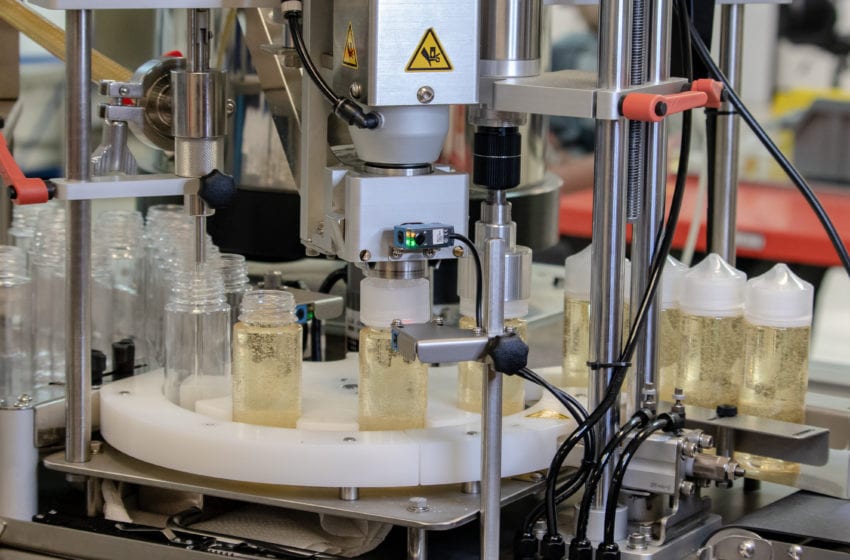Five more vapor companies have received warning letters from the U.S. Food and Drug Administration (FDA) for illegal e-liquids. The regulatory agency issued the letters on May 21 and posted them to its website on May 27. Companies that received the latest round of letters have a combined 96,960 products registered with the FDA. The agency has now issued 120 letters to vapor companies for marketing vapor products without having submitted a premarket tobacco product application (PMTA) by Sept. 9, 2020.

Nicfixed d/b/a Good Karma Vapor-received letter on May 27 – (1,400 registered products), Soul Vapor (2,100), Nelson Endeavors d/b/a Liberty Vape Co. (60), Premium eJuice USA d/b/a Vapor Lab (92,000) and Capitol Hill Vapor Co. (400) all received letters for illegal e-liquids.
Last week, the FDA released its list of products that are legal for sale in the U.S. A total of 360 companies filed more than 6 million PMTAs. The FDA stressed it has not independently verified the information provided by applicants about the marketing status of their products. In addition, the list excludes entries of products from companies that did not provide information on current marketing status of their products to the FDA so that the agency could determine whether the existence of the application could be disclosed.
The FDA often only lists a few products that a company is selling as illegal in the letter. It then states that there may be more, but it is impossible to know if the warnings encompass all the company’s registered products. The agency states that it is the responsibility of the company to only sell products with a submitted PMTA. Companies have until Sept. 9, 2021 to sell product unless the agency makes a decision on the PMTA approval or grants an extension.
Companies that receive warning letters from the FDA have to submit a written response to the letter within 15 working days from the date of receipt describing the company’s corrective actions, including the dates on which it discontinued the violative sale, and/or distribution of the products. They also require the company’s plan for maintaining compliance with the FD&C Act in the future.

